Navigating the City: A Comprehensive Guide to Chicago’s Police Districts
Related Articles: Navigating the City: A Comprehensive Guide to Chicago’s Police Districts
Introduction
With great pleasure, we will explore the intriguing topic related to Navigating the City: A Comprehensive Guide to Chicago’s Police Districts. Let’s weave interesting information and offer fresh perspectives to the readers.
Table of Content
- 1 Related Articles: Navigating the City: A Comprehensive Guide to Chicago’s Police Districts
- 2 Introduction
- 3 Navigating the City: A Comprehensive Guide to Chicago’s Police Districts
- 3.1 A Historical Perspective: The Evolution of Police Districts in Chicago
- 3.2 Understanding the Map: A Visual Guide to Chicago’s Police Districts
- 3.3 The Importance of Police Districts: A Foundation for Effective Policing
- 3.4 Frequently Asked Questions: Addressing Common Inquiries about Chicago’s Police Districts
- 3.5 Tips for Utilizing Police District Information: A Guide for Residents and Visitors
- 3.6 Conclusion: The Vital Role of Police Districts in Chicago’s Safety and Well-being
- 4 Closure
Navigating the City: A Comprehensive Guide to Chicago’s Police Districts
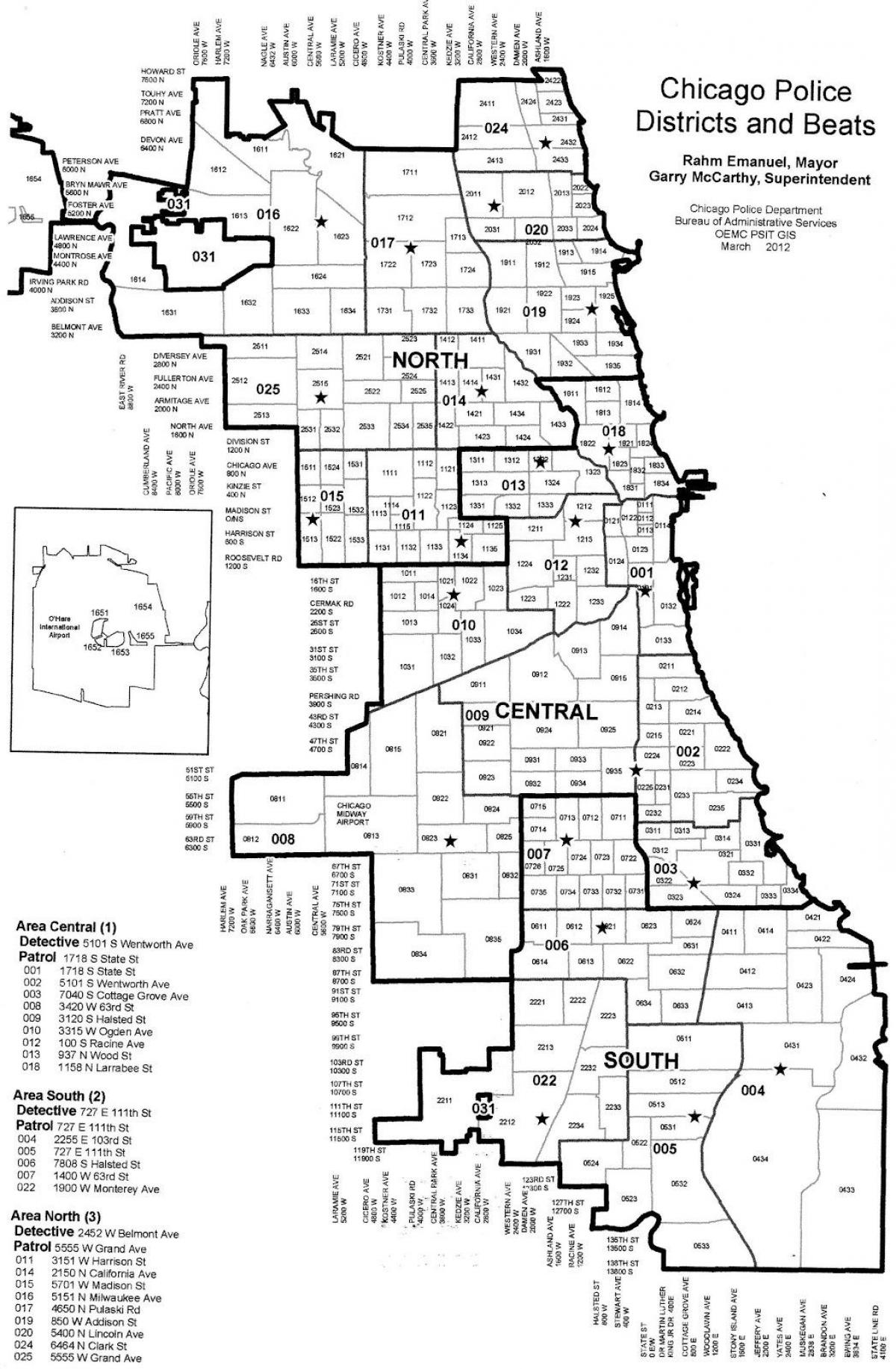
Chicago, a sprawling metropolis with a vibrant population, is divided into distinct geographic areas known as police districts. These districts serve as the foundation for law enforcement operations, facilitating efficient resource allocation, crime prevention strategies, and community engagement. Understanding the layout and functions of these districts is crucial for residents, visitors, and anyone interested in the city’s safety and well-being.
A Historical Perspective: The Evolution of Police Districts in Chicago
The current system of police districts in Chicago has its roots in the city’s historical development. As the city grew, so did the need for a structured and organized approach to law enforcement. The Chicago Police Department (CPD) has evolved over time, with its organizational structure adapting to meet the changing needs of the city.
The current district system, with its 22 distinct areas, is the result of careful planning and consideration of various factors, including population density, crime rates, and geographic boundaries. This division allows for targeted policing strategies and better communication between officers and the communities they serve.
Understanding the Map: A Visual Guide to Chicago’s Police Districts
The Chicago Police Districts map is an essential tool for anyone seeking to understand the city’s law enforcement structure. The map visually depicts the 22 districts, their boundaries, and their corresponding numbers. Each district is assigned a unique number, ranging from 1 to 22, for easy identification and reference.
The map’s key features include:
- Clear Boundaries: The map delineates the distinct boundaries of each district, providing a visual representation of their geographic coverage.
- District Numbers: Each district is labeled with its corresponding number, allowing for quick and easy identification.
- Major Landmarks: The map may incorporate prominent landmarks within each district, such as parks, schools, or commercial areas, providing context and a sense of place.
- Street Grid: The map typically includes a street grid, allowing for precise location identification and navigation within the city.
The Importance of Police Districts: A Foundation for Effective Policing
Chicago’s police districts serve several critical functions, contributing to the safety and well-being of its residents. These functions include:
- Resource Allocation: Districts allow for the efficient allocation of police resources, ensuring that officers are strategically deployed to areas with the highest crime rates or community needs.
- Community Engagement: Districts foster closer relationships between officers and the communities they serve, facilitating communication, trust-building, and collaborative crime prevention initiatives.
- Crime Prevention: Districts provide a framework for implementing targeted crime prevention strategies, addressing specific crime trends within each area.
- Data Analysis: District-level data collection allows for the analysis of crime trends, identifying patterns and areas requiring increased attention or resources.
- Accountability: Districts provide a framework for accountability, allowing for the monitoring of crime rates, officer performance, and community satisfaction within each area.
Frequently Asked Questions: Addressing Common Inquiries about Chicago’s Police Districts
Q: How can I find the police district I live in?
A: You can easily locate your police district by using the Chicago Police Department’s online map or by entering your address into a search engine.
Q: What services are provided by my local police district?
A: Each police district offers a range of services, including crime prevention programs, community outreach initiatives, and assistance with reporting crimes or incidents.
Q: How can I contact my local police district?
A: The contact information for each district, including phone numbers and email addresses, is available on the CPD website or through a simple online search.
Q: What are the different types of crimes that occur in each district?
A: Crime patterns vary across districts, with some areas experiencing higher rates of specific crimes, such as property crime, violent crime, or drug offenses. Crime data is publicly available on the CPD website.
Q: How can I get involved in my local police district?
A: Many districts offer opportunities for community involvement, such as attending neighborhood meetings, participating in crime prevention programs, or volunteering with local organizations.
Tips for Utilizing Police District Information: A Guide for Residents and Visitors
- Stay Informed: Regularly check the CPD website or local news sources for updates on crime trends, community events, and safety advisories within your district.
- Engage with Your Community: Participate in neighborhood meetings, community events, and crime watch programs to build stronger relationships with your neighbors and local officers.
- Report Suspicious Activity: If you observe any suspicious activity or potential criminal behavior, report it to the police immediately.
- Stay Alert: Be aware of your surroundings, especially when walking alone at night or in unfamiliar areas.
- Use Community Resources: Utilize local community resources, such as neighborhood watch groups, block clubs, or youth programs, to enhance safety and build a stronger sense of community.
Conclusion: The Vital Role of Police Districts in Chicago’s Safety and Well-being
Chicago’s police districts play a vital role in maintaining public safety and fostering a strong sense of community within the city. By understanding the layout, functions, and resources of these districts, residents, visitors, and community stakeholders can better engage with law enforcement, participate in crime prevention efforts, and contribute to a safer and more vibrant city for all.
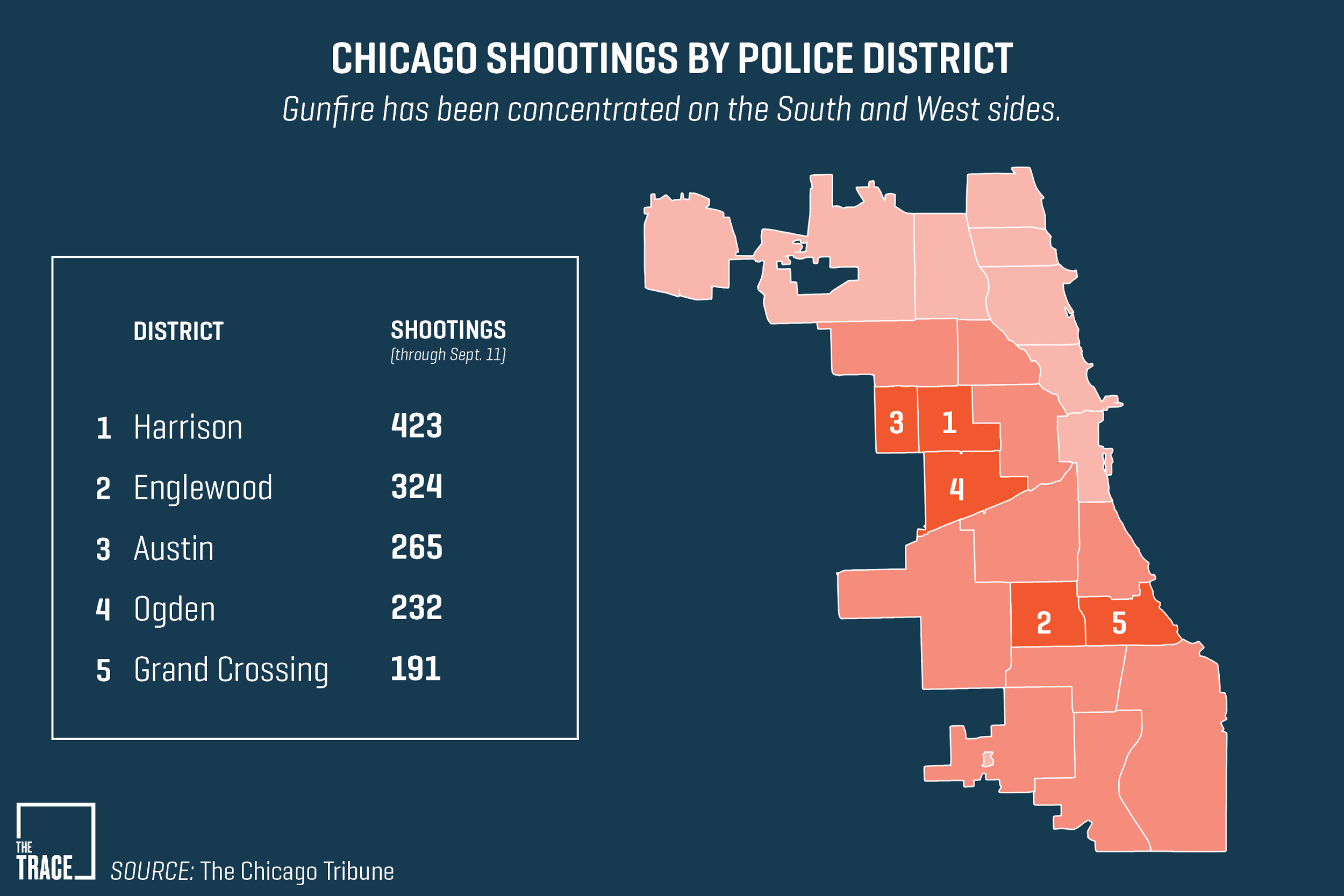
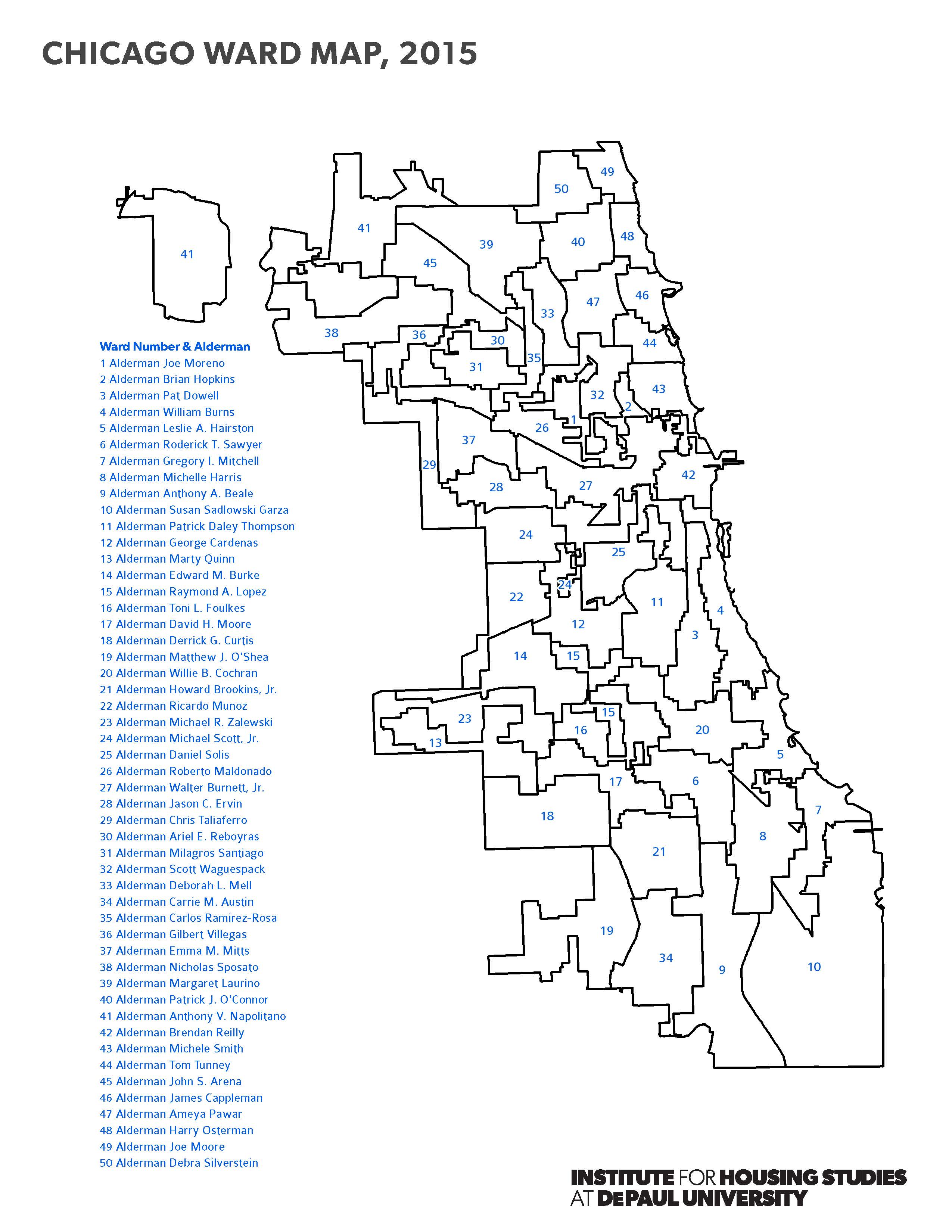


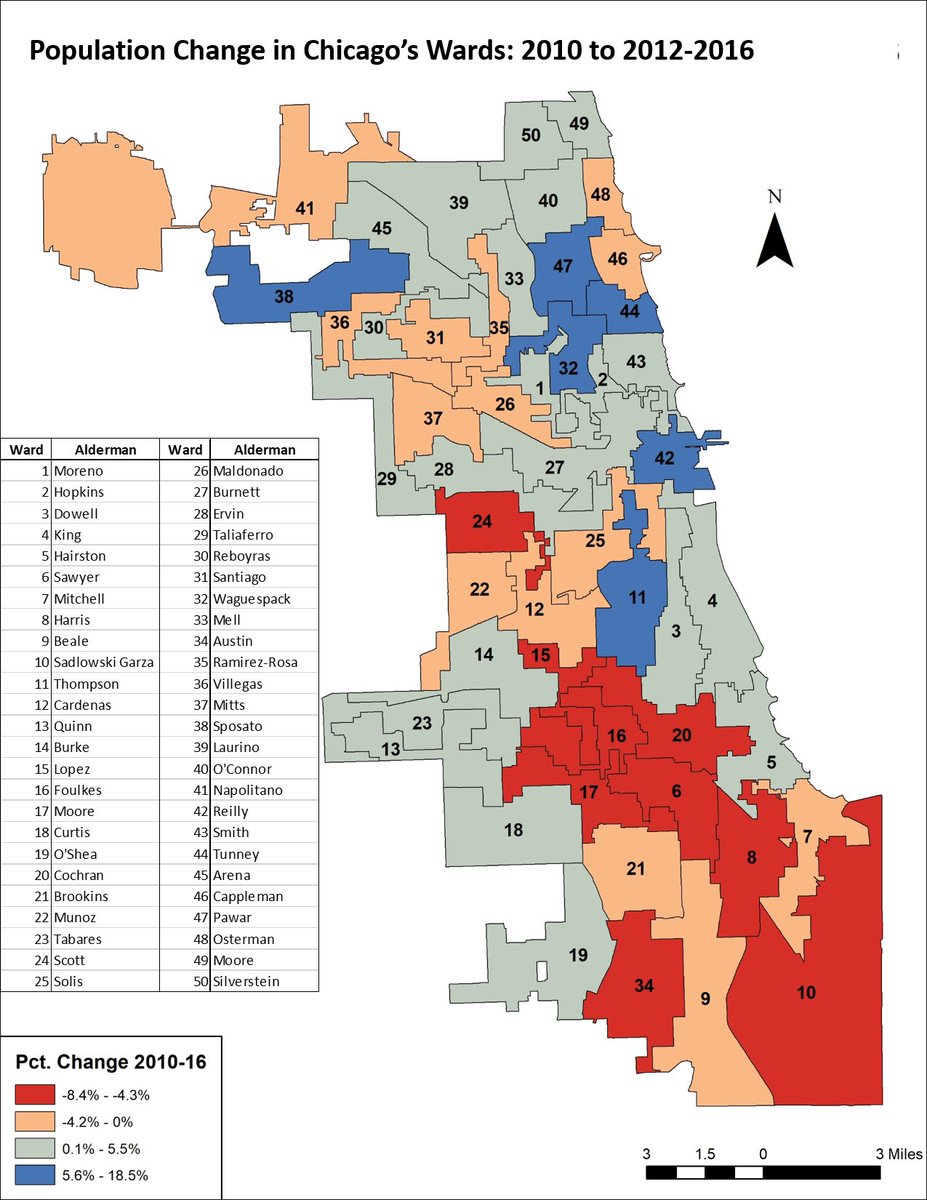
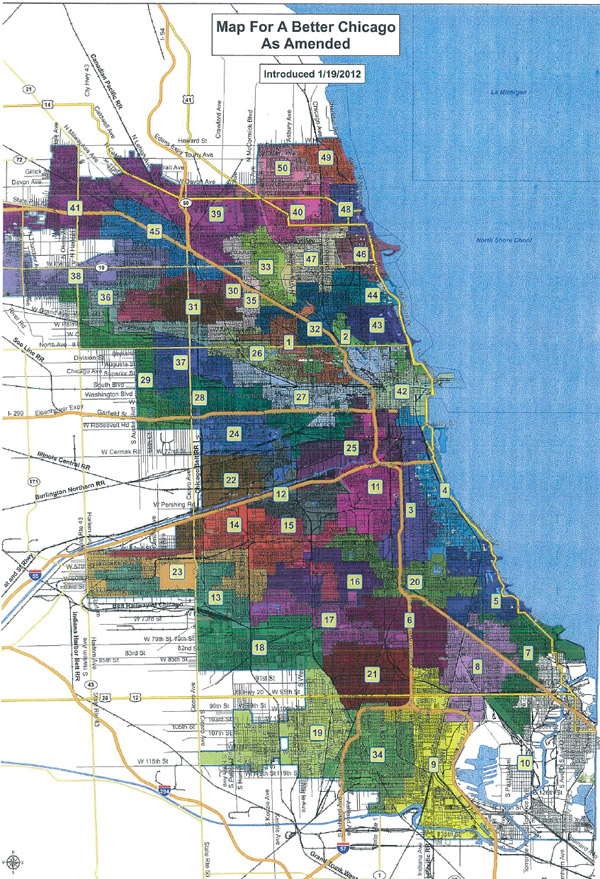
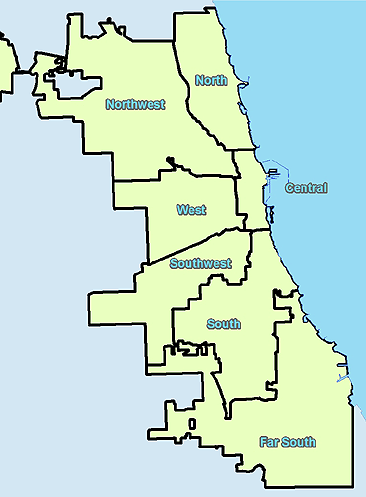

Closure
Thus, we hope this article has provided valuable insights into Navigating the City: A Comprehensive Guide to Chicago’s Police Districts. We appreciate your attention to our article. See you in our next article!